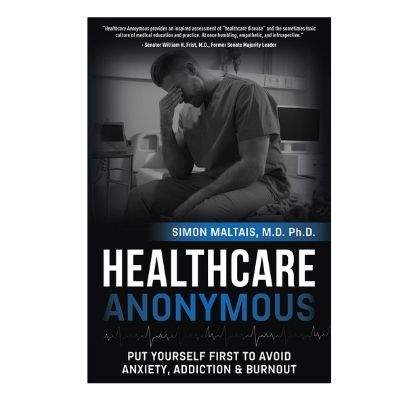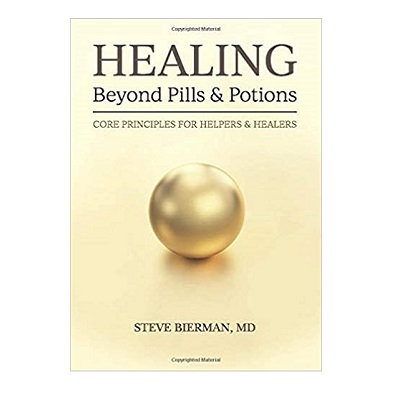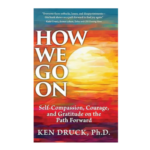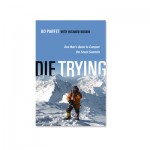 I recently received the Spring Issue of “The Conference Board” Magazine” and was very impressed with an article that the senior editor Vadim Liberman wrote entitled ” In Sickness and In Health-Do Companies Care About Their Peoples“. Over the last many years my interestes have been focused on wellness in the workplace, and Vadim’s feature article hit the nail on the head as far as I was concerned.
I recently received the Spring Issue of “The Conference Board” Magazine” and was very impressed with an article that the senior editor Vadim Liberman wrote entitled ” In Sickness and In Health-Do Companies Care About Their Peoples“. Over the last many years my interestes have been focused on wellness in the workplace, and Vadim’s feature article hit the nail on the head as far as I was concerned.
As Vadim states in the article ” As the world get flatter, its’s getting fatter and sicker. Heart disease, diabetes, cancer and a host of other conditions afflict more of us than ever. But it’s not only our ballooning bodies that are ailing. Companies are suffering from ill health, exhibiting symptoms that include lower productivity, engagement, and morale, as well as higher medical costs.”
In my interview with Vadim we speak about not only the issues of developing wellness program for organization to improve the overall health of the organization, but just as importantly we discuss the important issues of the necessary cultural changes necessary to sustain organizational vitality and health.
The main purpose of wellness programs–trimming medical expenses–is obvious. Except that it’s obvious to no one outside the United States. You see our focus is on reducing medical costs and it is our number one priority, but in other countries such as Canada, Europe, and Latin America productivity is companies’ top wellness-program objective. According to Vadim’s research US businesses may be swallowing the wrong pill to slash overall expenses. Productivity has a greater financial impact than medical costs, explains Barry Hall, a principal in the clinical-health-consulting and global technology-solutions practices of Buck Consultants.
According to the recent Buck Consultants global-wellness survey, two thirds of organizations currently have a formal wellness strategy, up from 49% in 2007. However, few companies say they have fully implemented their plans, especially across borders, and 28% of those with no strategy admit they don’t know how to get started. One thing for certain is that companies should seriously consider implementing a wellness strategy, and it needs to include a focus on the cultural issues of wellness as well as the metrics of creating a well and vital organization.
One connection seems clear: between worker heath and productivity. “People who have poor health report lower levels of productivity” In fact one study indicates an 18 percent difference in productivity between healthy and unhealthy worker. If you would like to read the entire article please click here to be directed to the Conference Board article.
I hope you enjoy my interview with Vadim Liberman the senior editor for ” The Conference Board Magazine”

















